Tunceli
WELCOME TO Tunceli
Province Overview
Tunceli
7,774 km2
83,717
Turkish

Popular
Geography and Tourist Attractions
Information about the province's tourist attractions, including popular destinations, events, and activities.
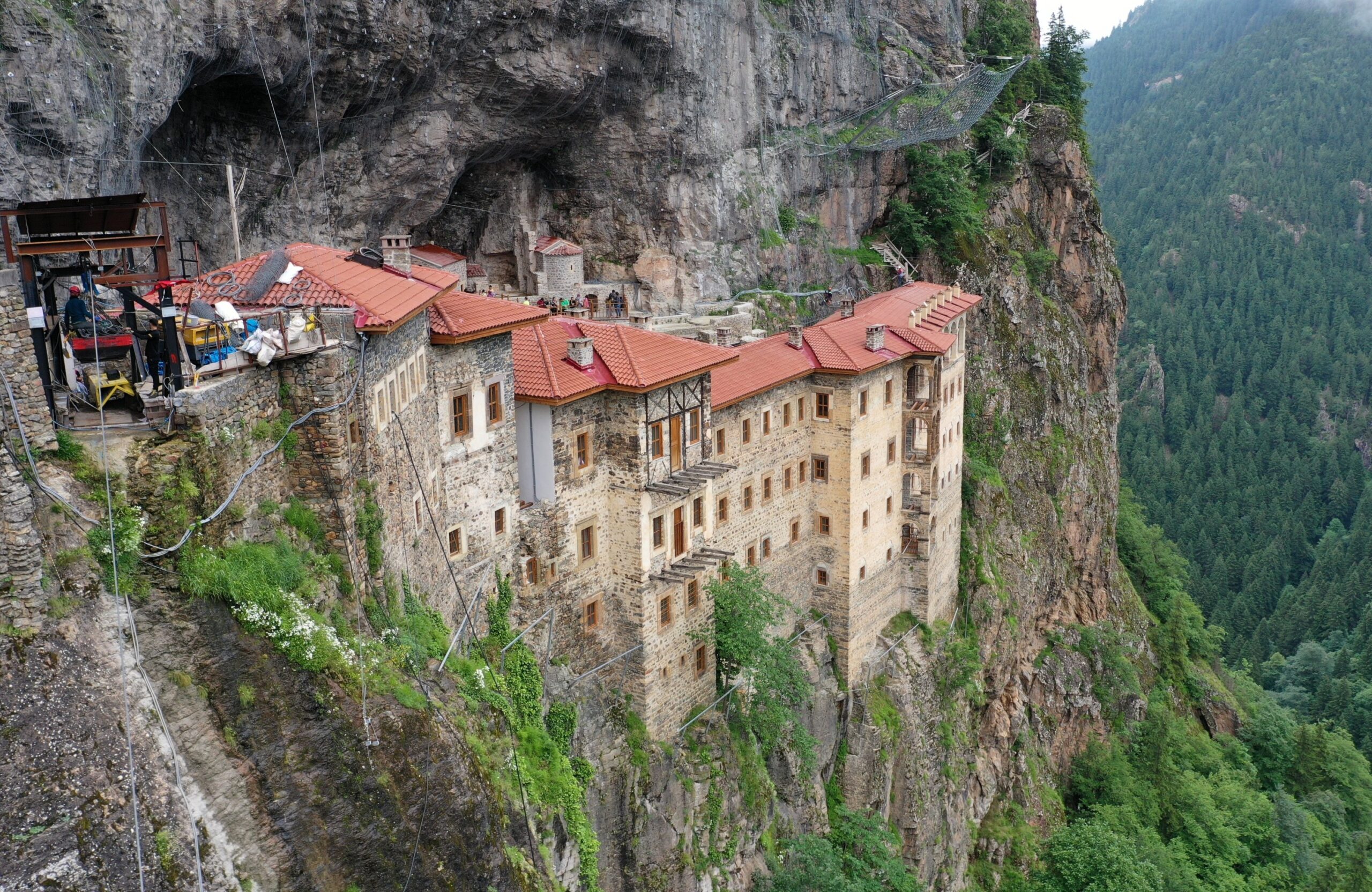
Sumela Monastery
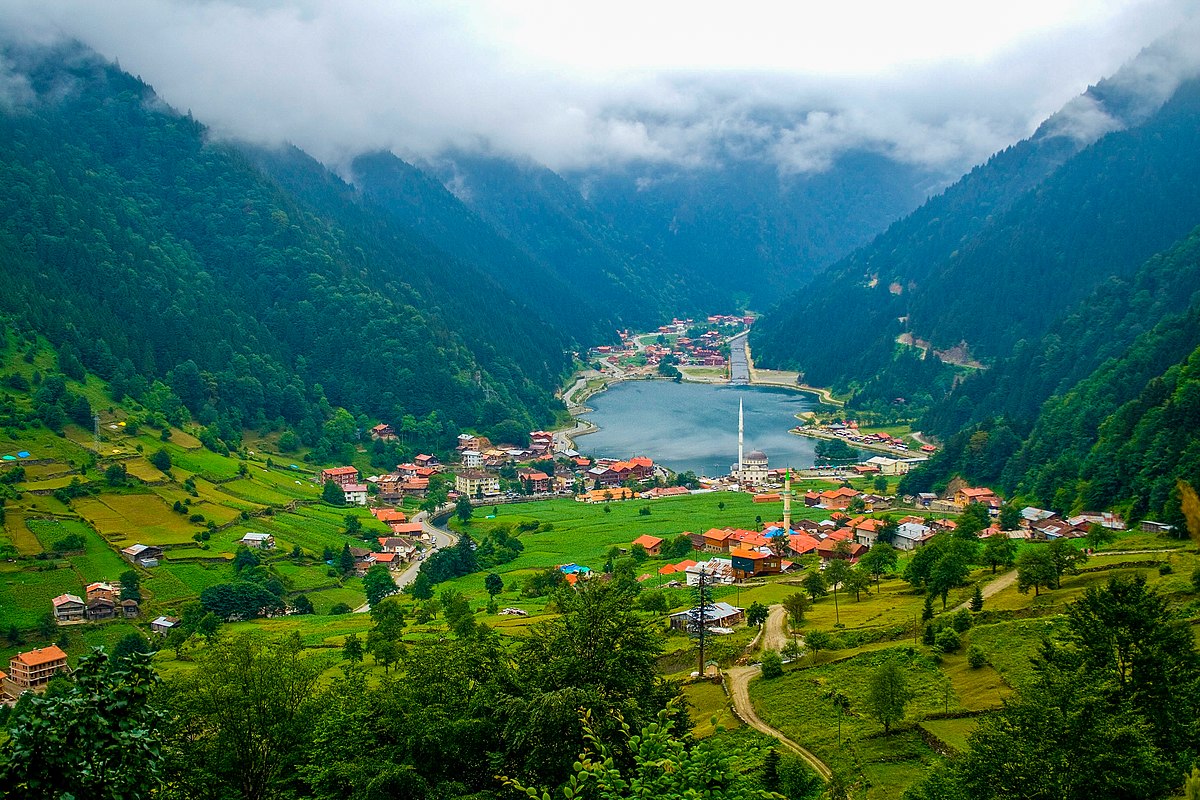
Uzungöl
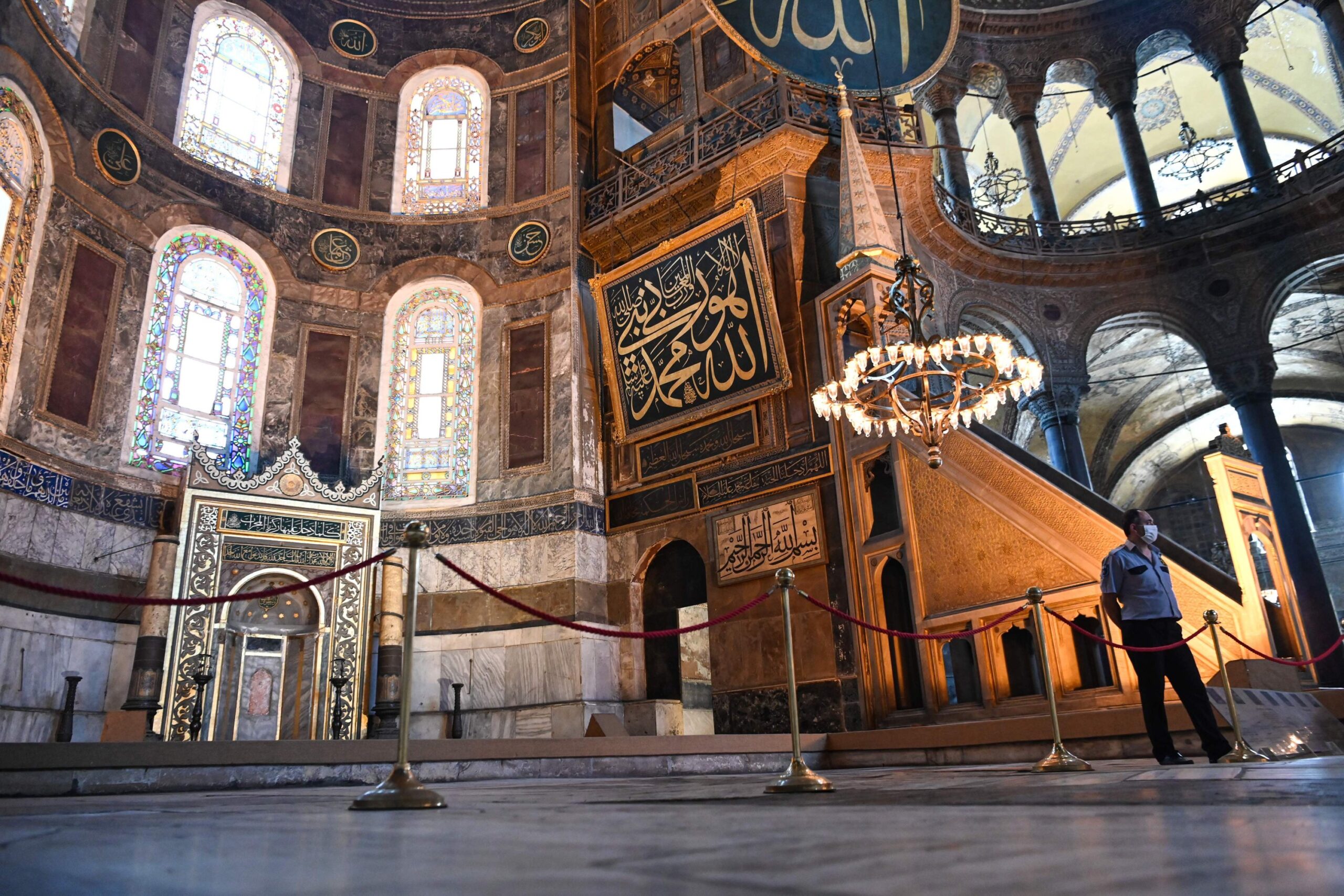
Hagia Sophia Museum
Political
Economy and Government
Tunceli, a province in eastern Turkey, has an economy primarily based on agriculture, livestock farming, and forestry. The region is known for its fertile lands and favorable climate, which support the cultivation of various crops such as wheat, barley, potatoes, and fruits. Livestock farming, including sheep and cattle breeding, is another significant economic activity.
Forestry plays a vital role in Tunceli's economy, with the province being rich in forests and timber resources. Wood processing and furniture manufacturing industries have emerged as important sectors, contributing to employment and economic growth.
In recent years, efforts have been made to promote tourism as a means of diversifying the economy. Tunceli's natural beauty, including national parks, mountains, and rivers, attracts nature lovers, hikers, and outdoor enthusiasts. Additionally, the province's historical sites, such as Pertek Castle and Çemişgezek Castle, contribute to its tourism potential.
In terms of governance, Tunceli, like other provinces in Turkey, operates within a decentralized framework. The province is administered by a governor appointed by the central government. Local municipalities play a role in providing essential services and implementing development projects. The provincial government works towards enhancing infrastructure, improving public services, and supporting economic initiatives to foster growth and improve the quality of life for its residents.
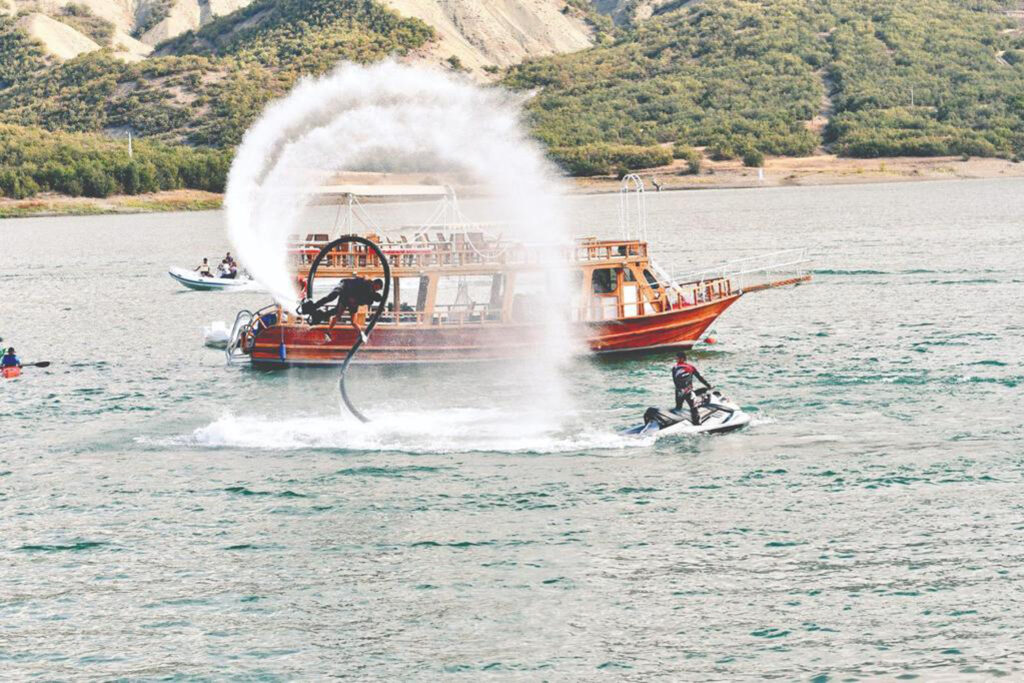
History
History and Culture
Tunceli, located in eastern Turkey, has a rich history and vibrant culture that reflects the region's diverse heritage. Historically, the area has been inhabited by various civilizations, including the Hittites, Assyrians, Persians, and Byzantines.
One of the notable historical aspects of Tunceli is its association with the ancient Silk Road, an important trade route connecting East and West. This historical trade route has left traces of cultural exchange and influenced the region's customs and traditions.
Tunceli is also known for its unique cultural heritage, influenced by its Kurdish and Alevi populations. The Alevi faith, a branch of Islam, is practiced by a significant portion of the population, and it plays a significant role in shaping the local culture and traditions. Music, dance, and storytelling are integral parts of the cultural fabric, with traditional folk dances and music being performed during various celebrations and events.
The province's folklore, folk costumes, and culinary traditions add to its cultural richness. Local handicrafts, such as rug weaving and wood carving, showcase the artistic skills of the people.
Preserving and promoting this cultural heritage is important in Tunceli, and efforts are made to celebrate and showcase the traditions and customs through festivals, exhibitions, and cultural events. These endeavors contribute to a vibrant cultural scene and help in maintaining the distinct identity of the province.
HOTELS
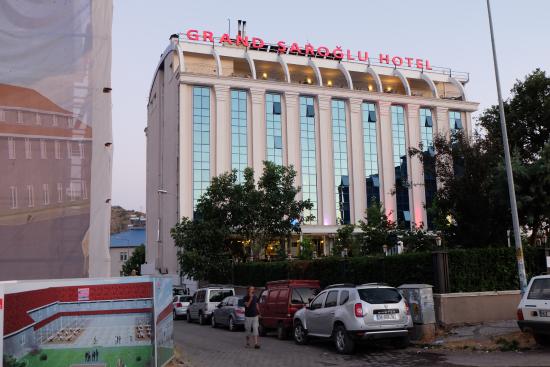
Grand Munzur Hotel
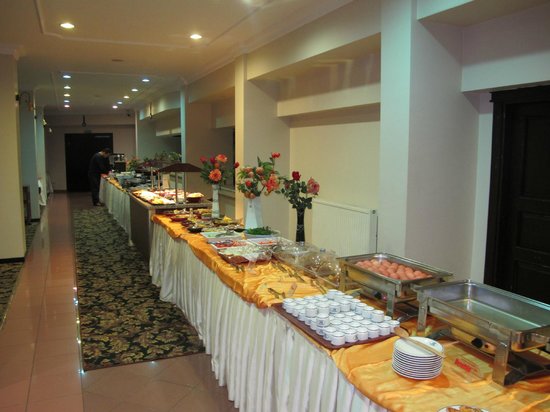
Otel Emirgan
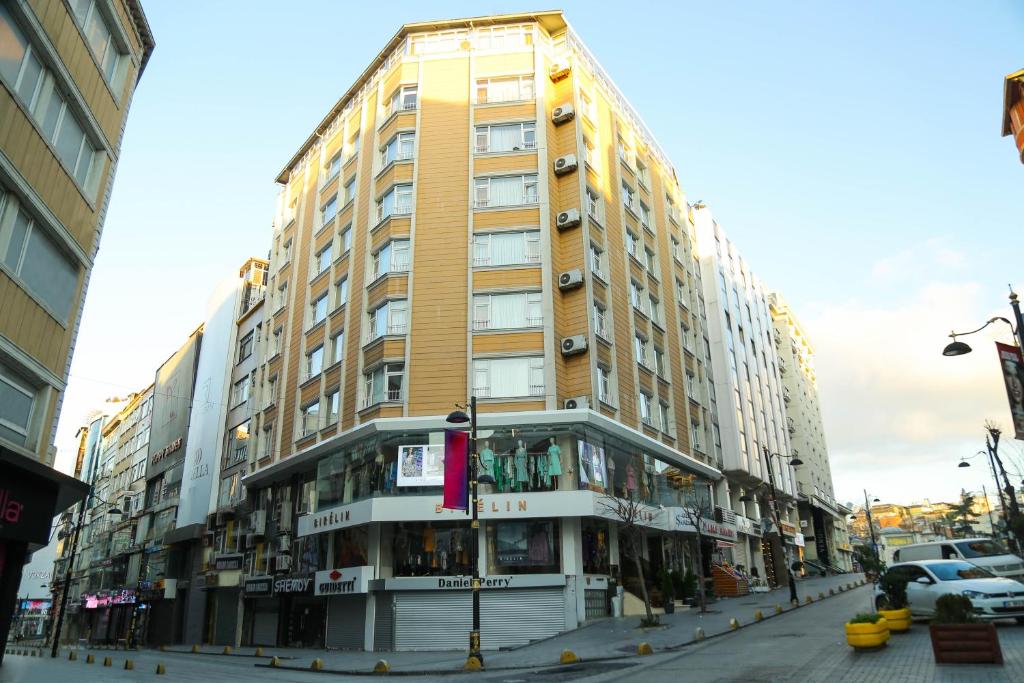
Şahinler Otel
RESTAURANTS
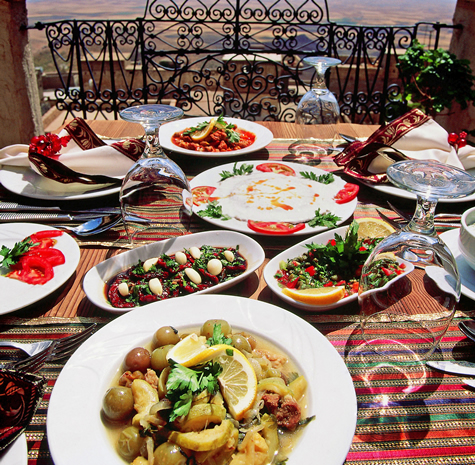
Cercis Murat Konağı

Şehitler Restaurant

